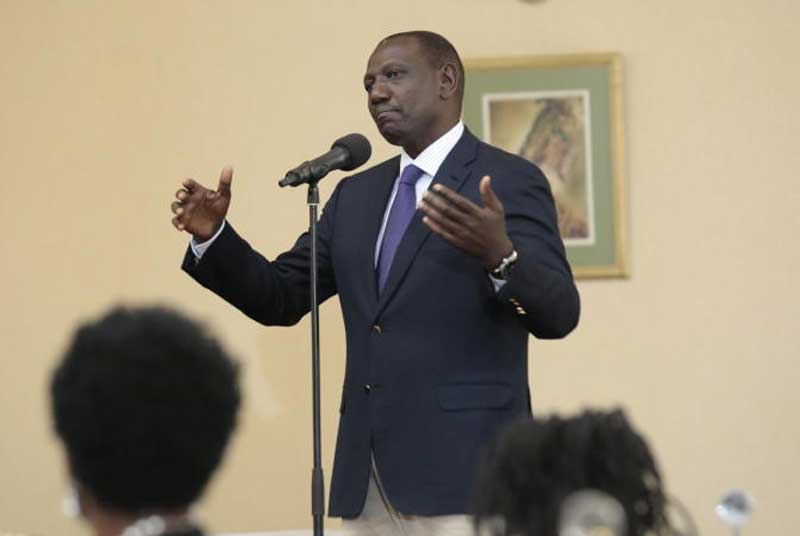×
The Standard e-Paper
Stay Informed, Even Offline

Rebirth of humanism has often been the key to great transformational change in society, throughout history.
The great European Industrial Revolution, from about 1750, was presaged by a revolution in humanism. This was the great European Renaissance of the 14th to 17th centuries. It involved a rediscovery of ancient Greek philosophies, painting, sculpture, music and literature.